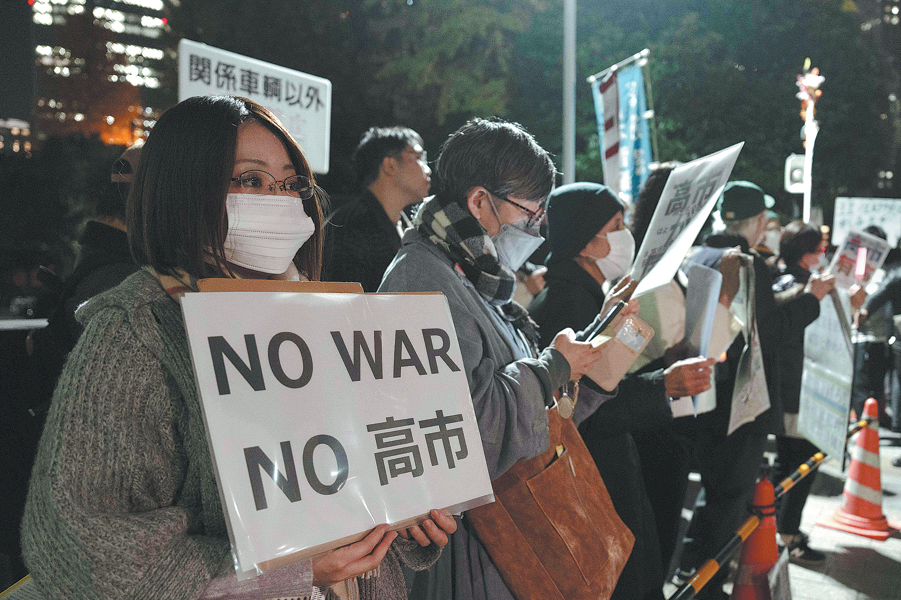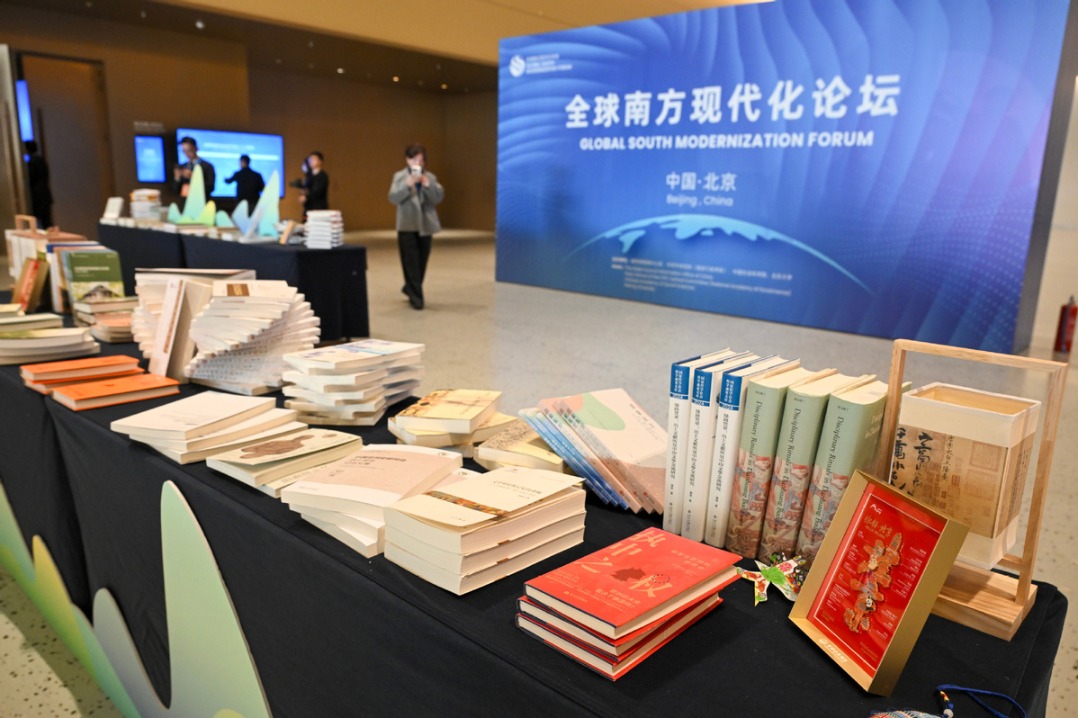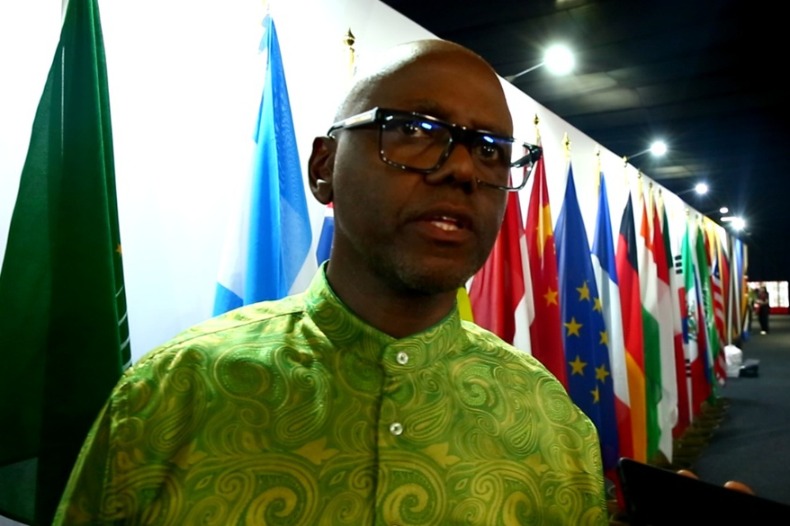Labubu gains popularity in Afghanistan amid retail, cultural shifts


KABUL -- In the heart of Kabul's bustling marketplace, rows of colorful figurines with mischievous smiles and elf-like ears have become a surprising fixture in local shops, reflecting a refreshing scene in Afghanistan's retail and cultural landscape.
These figurines are Labubu, a viral Chinese collectible that has quickly evolved from a much-sought-after quirky toy into a symbol and facilitator of economic transformation and cultural shift in Afghanistan.
Mostafa Seerat, who runs a shop in Kabul's crowded marketplace, began selling Labubu just six months ago in response to customer demand.
"The sales have been incredible. We now sell around 400 units a day," Seerat said. "It has become one of our top-selling items."
Tamim Behzad, a veteran businessman with over 20 years of experience in Yiwu, a small commodities hub in eastern China, was one of the first to recognize Labubu's potential in Afghanistan.
Behzad's company, which supplies products to Europe and Russia, has always been quick to spot global trends. However, introducing Labubu to Afghanistan was a bet.
"When we realized the speed of sales and the strong market demand for Labubu, we decided to take a risk and bring Labubu to Afghanistan, uncertain whether it would sell or not," said Behzad.
The popularity of Labubu in Afghanistan is a pleasant surprise for businesspeople like Behzad, and for many, the rise of the trendy toy has echoed a broader shifting landscape in the country.
Shafiqullah, a Labubu seller who has been tracking the toy's rise in the past few years, considered the popularity of Labubu in Afghanistan to be a part of a wider cultural change.
He noted that Afghanistan is in the process of modernization, and people are not afraid of global modern brands.
Afghanistan's traditional consumer market, long dominated by local and regional products, is now expanding to include international goods. Labubu, which is often purchased as a gift for fiances, spouses, or children, is a reflection of this growing desire for modern and globally recognized products.
For many Afghans, Labubu's success has also highlighted the potential of small-scale entrepreneurship. Erfan began his business with a stock worth just 100 U.S. dollars, and within a year, his capital had grown to between 5,000 and 6,000 U.S. dollars.
"In Afghanistan, jobs are hard to come by, but with a small investment, you can start a business and watch it grow," he said. "Labubu has shown that even a small investment can lead to big returns."
In addition, the fanciful Chinese toy has given women and young people in Afghanistan a new dimension of opportunity.
Erfan, an online retailer, started his business with a modest initial investment and now employs three staff members, two of whom are women. These women are responsible for managing the delivery of Labubu orders across Afghanistan, often within one or two days.
"This has been a positive development," Erfan noted. "It's not just about making money; it's about giving women an opportunity to work and grow professionally. This is something that was less common in Afghanistan in the past."
































